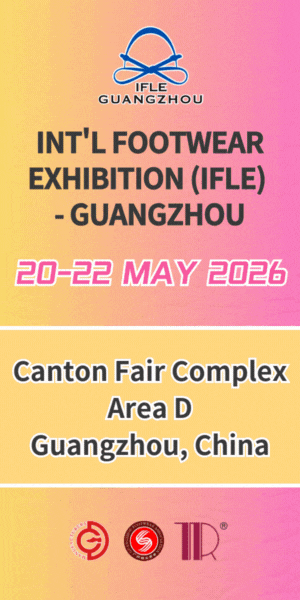ANCI discusses the future for Italian shoemakers
The National Association of Italian Footwear Manufacturers (ANCI) held a meeting in Rimini on November 21 to discuss the future of the Italian shoe industry.
Three round tables took place at the event, involving a number of experts and entrepreneurs and focusing on ‘Strategic approach and international vision for Italian brands’, ‘Models of post-crisis consumption and attributes of potentially best-selling products’, and ‘Emergent distribution strategies’.
ANCI president, Vito Artioli, said: “The protections on the growth of the world footwear market remain on the whole positive, even compared to the period from 2004 to 2008, years in which the median annual growth rate was 6.4%, we can expect a lower rate which still stands at 4.5%.” He believes this can be attributed to an increase in the number of women entering the workplace, an increase in the number of “super rich” people in the emerging markets and a recovery in the financial sector which will gradually bring consumers back to the shops.
According to Mr Artioli:“The impact of the crisis was particularly heavy for Italian footwear manufacturing especially in several historical markets.” In Germany, he says strong price competition was a problem, while in the US the uncertain economic climate had a negative impact. “In Russia the crisis was above all financial, but the wealthier consumers acted more prudently, while in France Italian brands were able to contain their losses thanks to the French consumer's appreciation of quality, but the economic conditions have adversely affected our exportation in general,” he says.
Mr Artioli concludes: “Italian production has a great chance, provided that it can transfer to the final consumer its unique diversity compared to the competition.
“This reinforces the conviction that, also in Europe, there needs to be a law for compulsory origin marking that unambiguously lets the consumer identify where any given product was made. We are therefore ever more confident in our struggle to make the European Union finally fill a legal gap that differentiates the European market from other markets, including China, in which the label of origin is considered absolutely mandatory and essential information for the consumer.”








